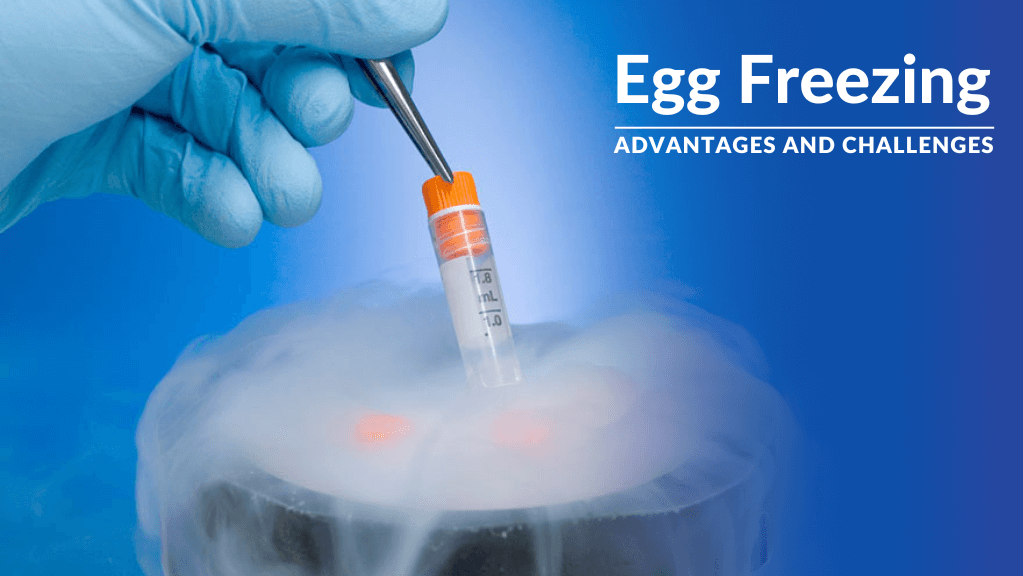
Egg freezing, also known as oocyte cryopreservation, has emerged as a groundbreaking technology in reproductive medicine. This process allows women to preserve their eggs for future use, providing a potential solution to age-related fertility decline or medical conditions that may impact fertility. In this blog with Gaudium IVF, the best IVF Clinic in Mumbai we will delve into intricate aspects of egg freezing.
Egg Freezing Procedure
The procedure involves stimulating the ovaries with hormones to produce multiple eggs, IVF which are then retrieved and cryogenically frozen. This preservation technique halts the aging process of the eggs, maintaining their quality until the individual decides to use them for conception.
Reasons to Preserve Egg
One of the primary motivations for egg freezing is the desire to extend the window of fertility. Women today often delay family planning due to career pursuits, educational goals, or the search for the right partner. As a woman ages, the quality and quantity of her eggs decline, making it more challenging to conceive naturally. Egg freezing allows women to proactively address this biological clock by preserving younger, healthier eggs for later use.
Another significant application of egg freezing is for individuals facing medical treatments that may compromise fertility, such as chemotherapy or radiation therapy. Cancer treatments can have detrimental effects on a woman’s reproductive system, potentially leading to infertility. By freezing eggs before undergoing such treatments, women increase their chances of having biological children in the future.
Egg freezing also provides an empowering option for women who wish to take control of their reproductive choices. It offers flexibility in family planning, allowing individuals to pursue their personal and professional aspirations without the pressure of a biological clock. This newfound autonomy over reproductive timelines is a crucial aspect of the evolving landscape of women’s healthcare.
The Challenges
However, it’s essential to note that egg freezing does not guarantee a successful pregnancy. The success of the procedure depends on various factors, including the age of the woman at the time of egg freezing and the number and quality of eggs retrieved. While younger eggs generally have a higher chance of leading to a successful pregnancy, individual outcomes may vary.
Egg freezing is not without challenges and considerations. The process involves hormonal stimulation and a minor surgical procedure to retrieve the eggs, which may pose some risks and discomfort. Additionally, the success of using frozen eggs is contingent on the expertise of the fertility clinic and the specific protocols employed during the freezing and thawing processes.
The financial aspect is another factor to consider, as egg freezing and subsequent storage fees can be expensive. Some employers and insurance plans are starting to offer coverage for fertility preservation treatments, but accessibility remains a concern for many individuals.
Cost of Egg Freezing in India
Egg freezing cost varies from clinic to clinic and from patient to patient depending upon various factors like age of the female, quality of eggs, technology used in the procedure and duration of egg freezing. The cost may include the charges of medicines and injections given during the procedure and the charges of procedures of egg retrieval and subsequent egg freezing.
In conclusion, egg freezing has emerged as a revolutionary option for women seeking to take charge of their reproductive futures. It addresses the challenges posed by age-related fertility decline and medical treatments that may impact fertility. While it offers newfound flexibility and empowerment, potential users should carefully weigh the associated medical, emotional, and financial considerations before embarking on this path. As technology continues to advance, the field of reproductive medicine evolves, providing individuals with more options and opportunities for informed family planning decisions.



